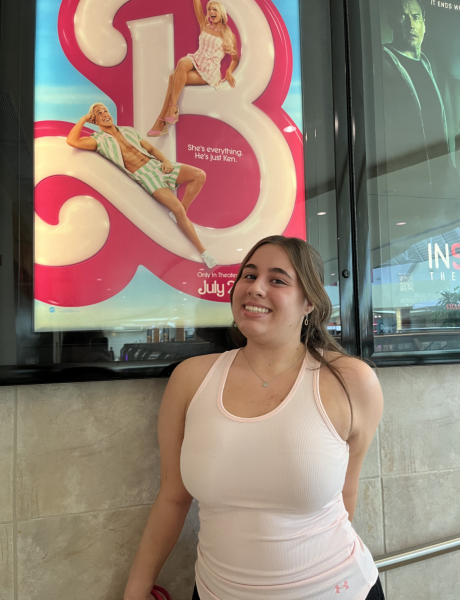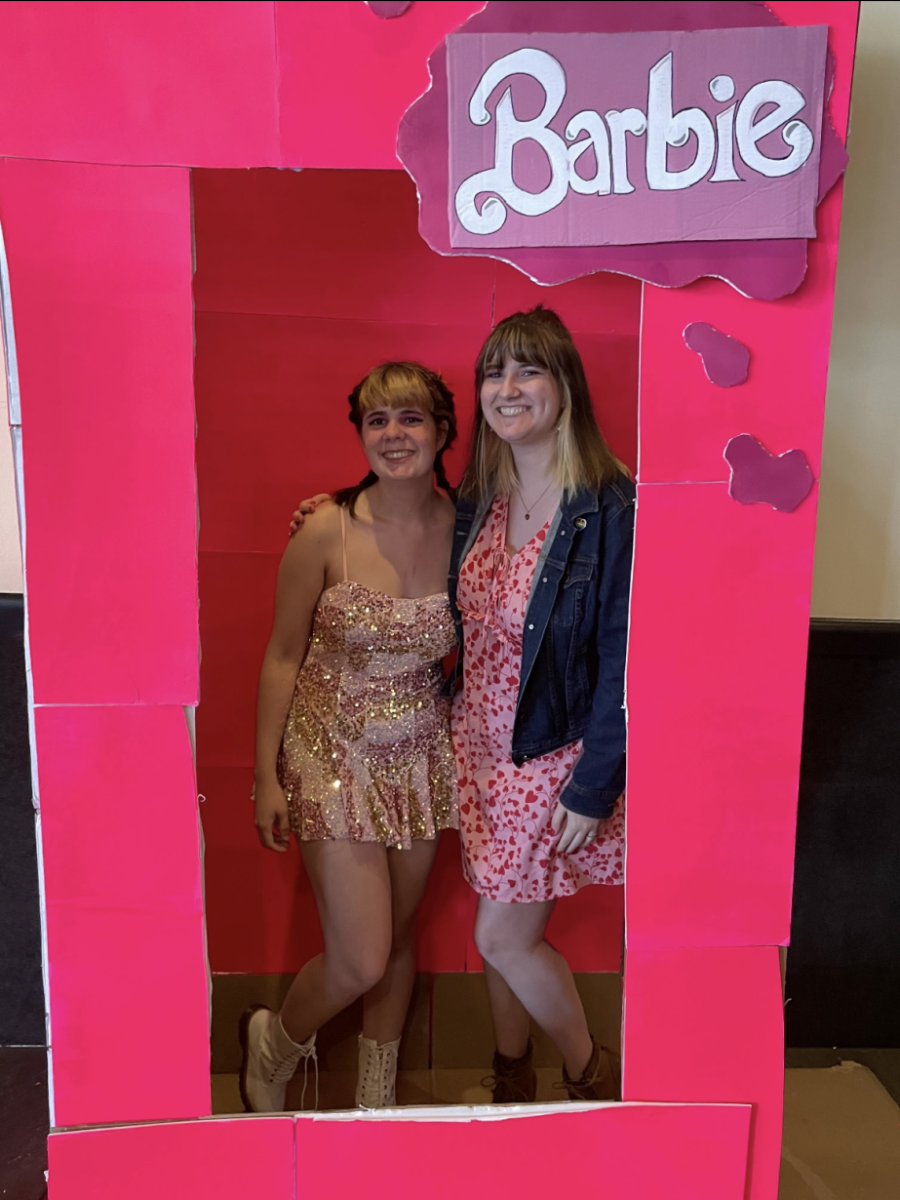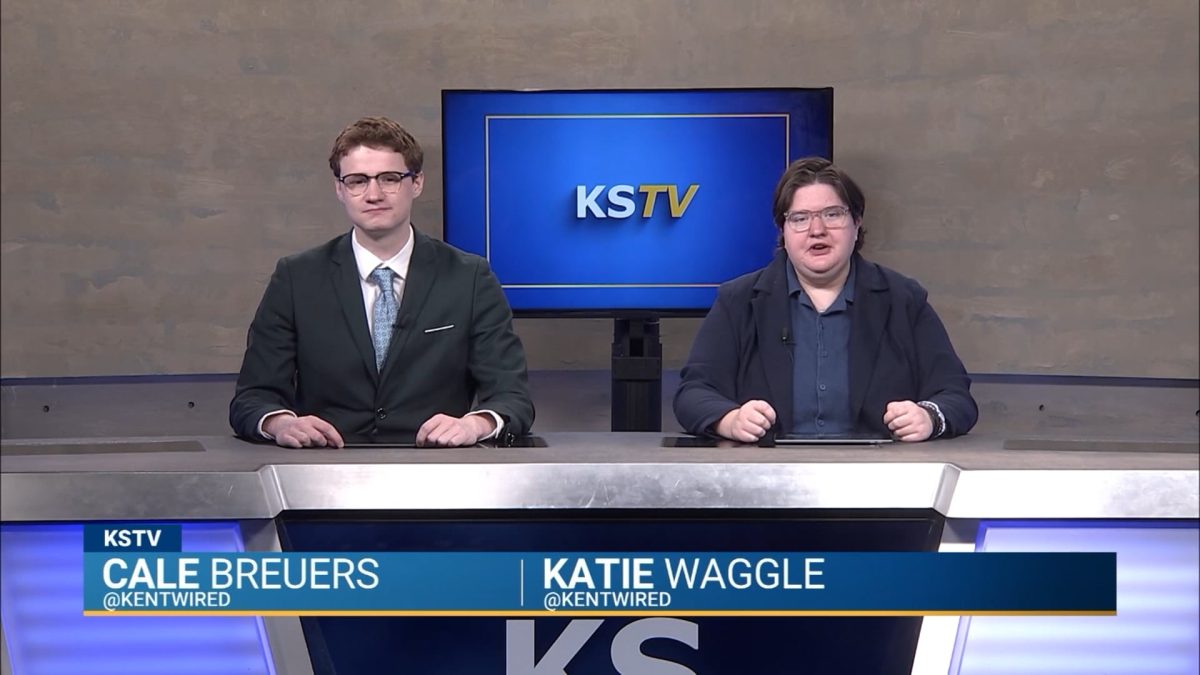The Barbie movie premiered in theaters July 21 and became very popular among viewers. Since its release, the movie has made nearly $1.3 billion dollars in the box office globally and has created a cultural phenomenon.
The movie curated a sense of belonging within the theaters. Fans around the world attend the movie in all pink attire and take pictures to showcase them seeing it.
Clara Walker, a senior English major currently enrolled in a women’s studies course, recalled her thoughts when seeing viewers dress up.
“It was a feeling of sisterhood,” Walker said. “I feel like women who watched the movie felt closer to female relatives or friends after the movie. It promotes women bonding.”
While the movie is primarily a comedy, serious themes and concepts are explored throughout the film.
Suzanne Holt, the university’s women’s studies coordinator, noticed the important themes seen in the movie after watching it.
“The film was in many ways an embodiment of multiple visions,” Holt said. “Threading through those multiple visions was a sense of gender justice, feminism, history, and the gender stereotypes that limit men.”
While Holt was surprised at the incorporation of Ken’s story and men’s gender stereotypes, Walker wished the movie explored this theme more.
“They went to such effort throughout the whole movie to make it seem like Ken was excited by the prospect of men being in charge,” Walker said. “I wish they would have focused more on why he felt like that instead of dismissing it.”
Apart from this, Walker was impressed with other aspects throughout the film including the portrayal of women and the diversity within the Barbies.
“It was a feminism 101 type of movie,” Walker said. “For groups of women who haven’t been exposed to this stuff, it’s kind of a necessity to watch this movie because it makes them feel empowered in a way they haven’t previously been.”
Holt touched on how the movie can spark conversations between different parties and how sometimes these conversations matter more than the movie itself.
“This movie becomes a cultural document that is a part of our conversation now of womanhood and man and gender and sex,” Holt said.
Walker recalls the movie containing good humor and Holt compares the movie to being on a ride.

“You can feel all kinds of meaning in there, but it never ceased to be fun,” Holt said. “There was always an element of ‘you’re here to be entertained, don’t forget this is a movie.’”
Holt praised Greta Gerwig, director of the movie, for her execution. She called it quirky in a good way and described it as true trailblazing.
Walker also commented on the direction of Gerwig.
“Directing wise, I thought Greta Gerwig did a great job, with the visuals, storytelling, and everything else,” Walker said.
Walker and Holt both touched on the importance of Barbie not having one single profession and having many identities that shape who she is.
“Margot Robbie’s Barbie focused on her being a woman experiencing average things,” Walker said. “You don’t have to be 100 percent one thing to be a real person.”
Holt opened up the idea that the movie is not just a story about Barbie, but a story about all women.
“Somehow, this intervening variable of a doll becomes a way of giving all of us a pivot point from who we are to who we can be, is what it’s kind of all about,” Holt said.
Adrianna Quinlan is a reporter. Contact her at [email protected].







